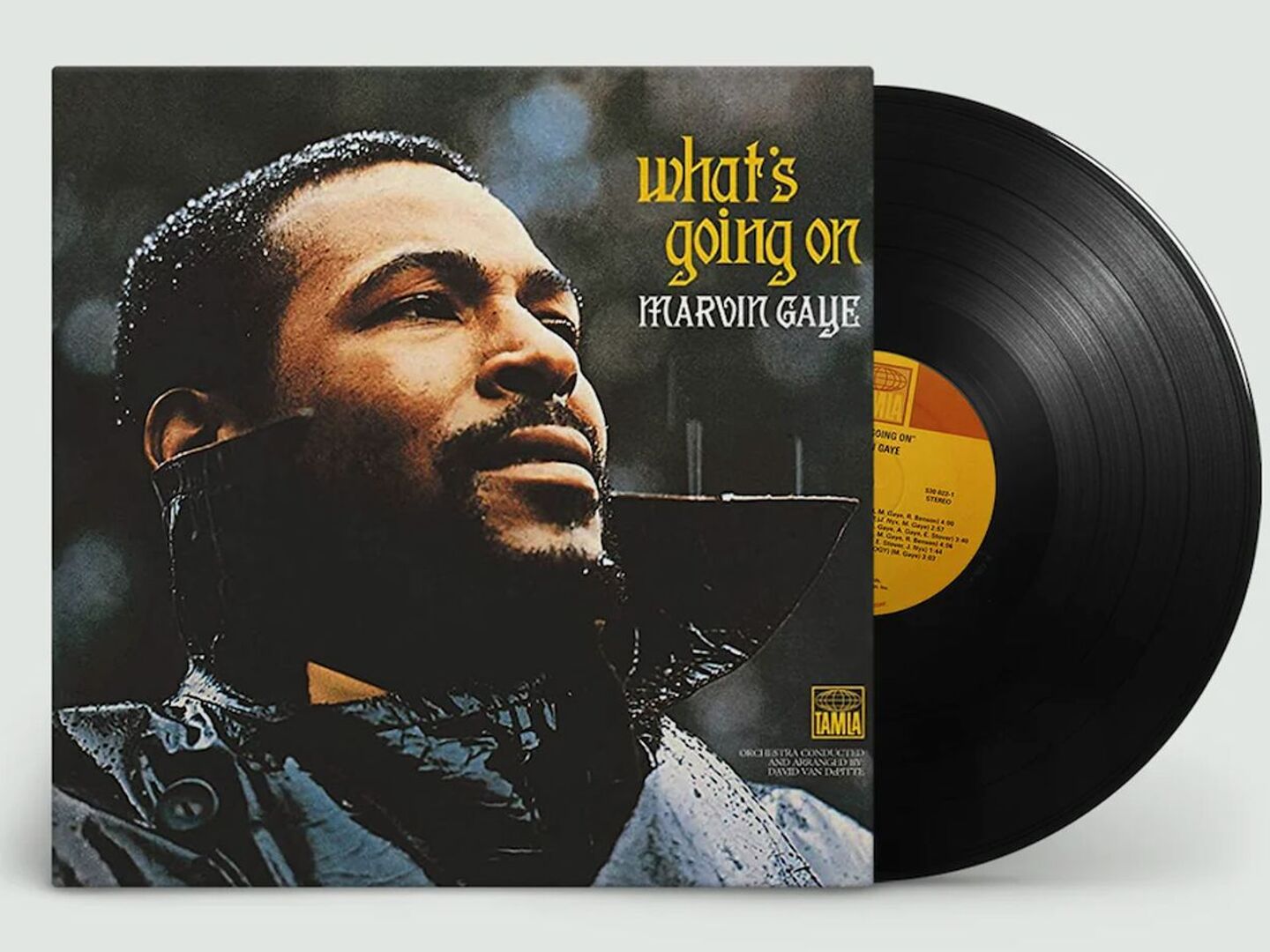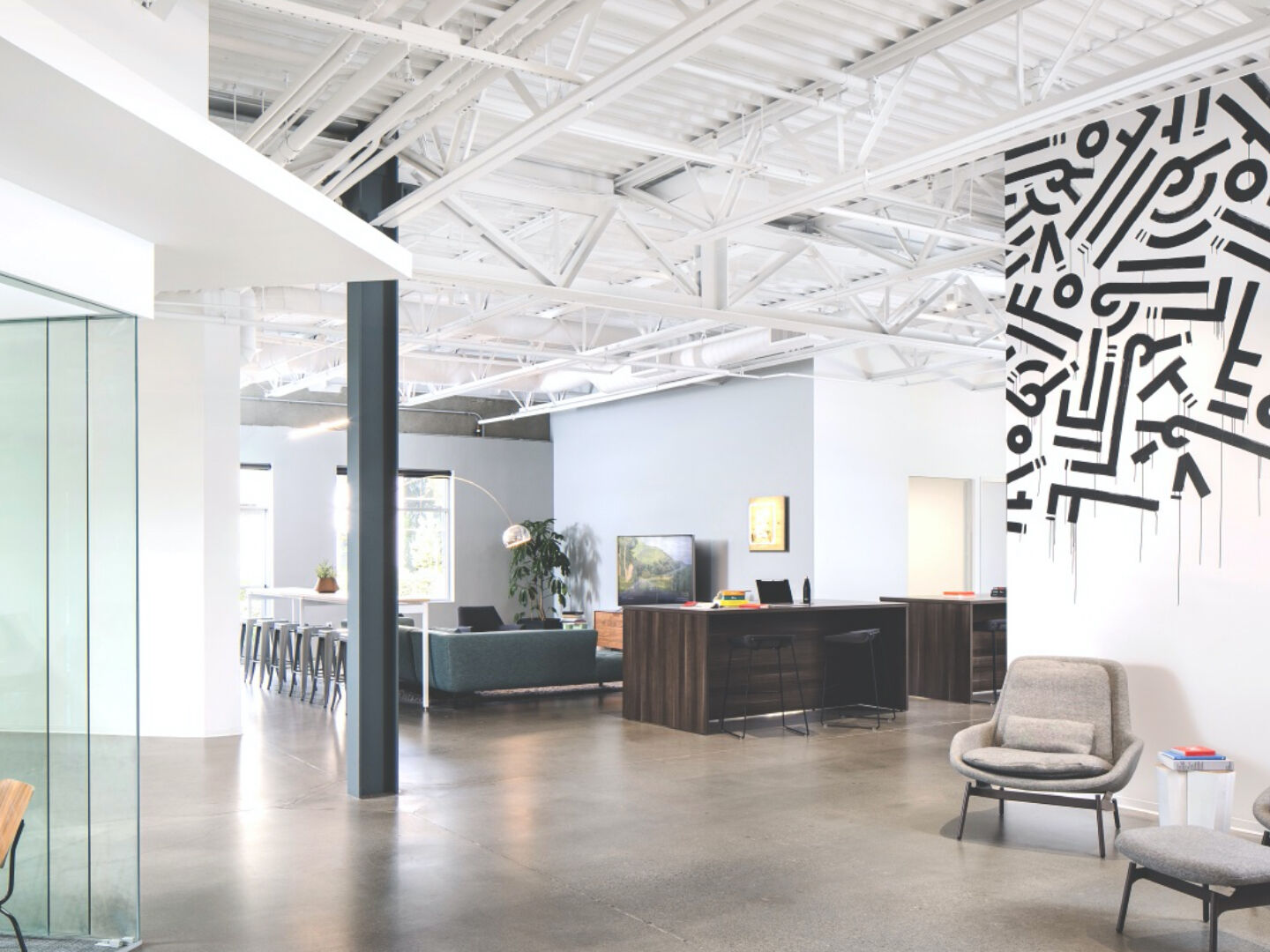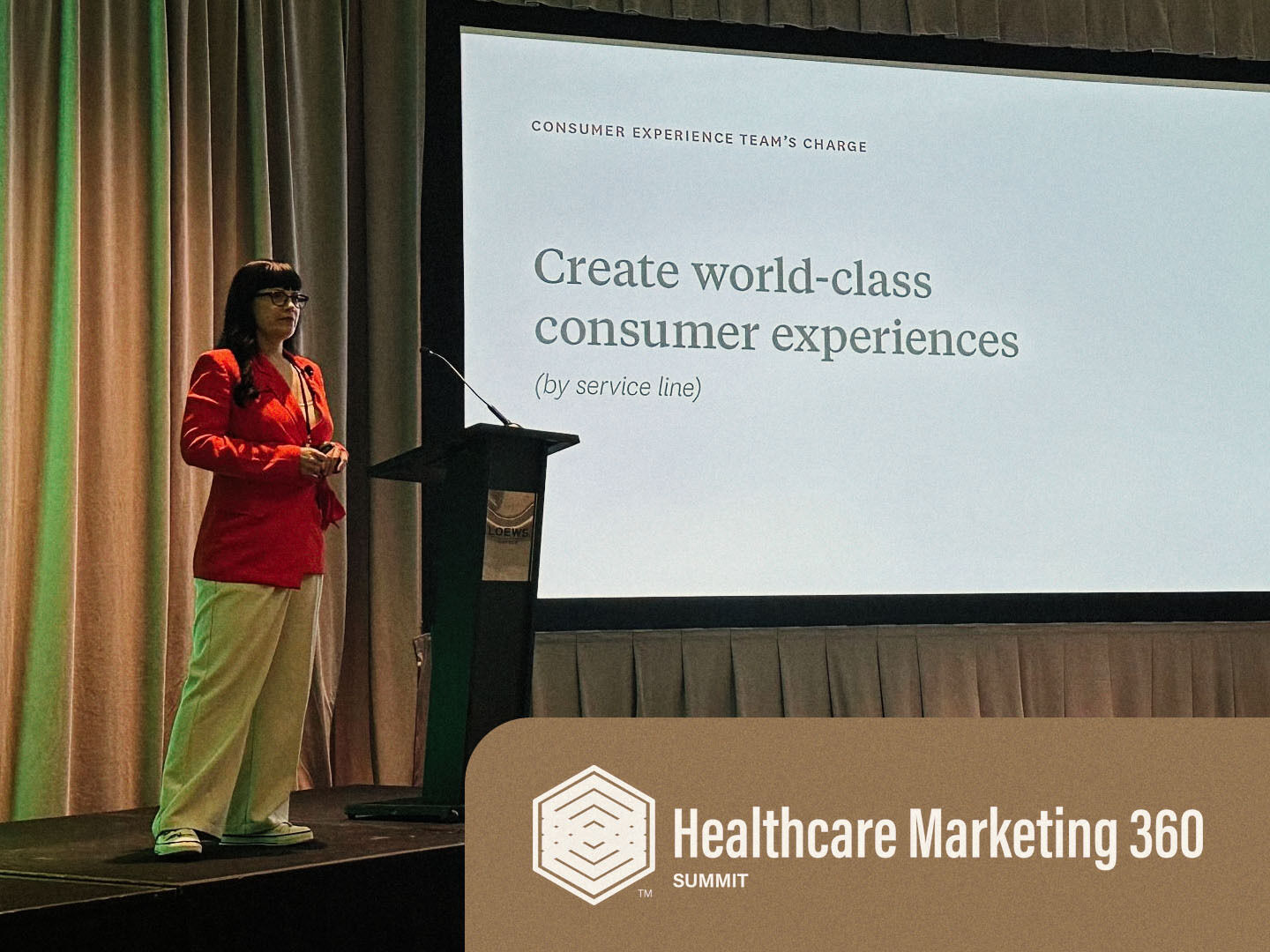
Denise Worrell was originally published in MedCity News on July 21st. Check out the original article here.
The dynamics of care delivery have already begun to shift, whether healthcare likes it or not. And it's an opportunity to collaborate alongside healthcare consumers to shape what will be.
Let’s join a meeting of healthcare executives in 1985. A dozen men in big-shouldered suits sit around a conference table, buzzing with excitement. A miraculous new technology is becoming ubiquitous in doctors’ offices across America, one that promises to increase access to information, improve workflows, and revolutionize healthcare as we know it: the fax machine.
You already know how that worked out.
Fast forward to 2024. The shoulder pads have gotten smaller, but the mindset remains eerily unchanged. As the industry eagerly wades into the world of artificial intelligence, its focus is largely on using this new technology to make internal processes more efficient, tweak workflows and reduce administrative burden. Noble efforts, no doubt. And yet I find myself asking: what about the bigger picture?
Healthcare’s AI imagination gap
“A failure of imagination.” This was the phrase that astronaut Frank Borman used to identify the underlying cause of the fire that claimed the lives of three of his fellow Apollo astronauts: because NASA engineers had failed even to imagine the possibility of an oxygen fire during a ground test, they were powerless to prevent it. The organization’s single-minded focus on its own goals and expectations, so often a strength, had proved to be its greatest weakness.
The same could be said of the U.S. healthcare system, which has been frequently caught off-guard by such “unexpected” challenges as the rise of retail health, the demands of an aging population with increasing rates of chronic illnesses and EHR systems implemented without consideration for how they would exchange data, to name a few. At the time, these challenges seemed unimaginable. In retrospect, they were hiding in plain sight all along.
Patients are already ahead of healthcare
While healthcare is busy piloting AI to gain operational efficiencies, patients are using it to circumvent the challenges of the healthcare system altogether. No longer just passive recipients of care, these patients — or, more accurately, “healthcare consumers” — have become knowledgeable, proactive participants in their own health and well-being. With smart wearables and large language models (like ChatGPT) at their fingertips, they are turning to AI for everything from self-diagnosis to free psychotherapy. This doesn’t mean healthcare consumers don’t understand the need for doctors, only that it’s in our nature as human beings to solve our problems with whatever tools we have available.
AI represents the single biggest opportunity to fundamentally transform healthcare since antibiotics (sorry, fax machines). It isn’t too late for healthcare to prevent another failure of imagination. Here’s how:
Find the edge. If you want to be on the cutting edge, you have to know where it is. Widen your focus beyond your organization and get inspired by investigating all the weird and wonderful ways people are leveraging AI to better their lives — financially, physically, emotionally, socially, spiritually, and so on. Now, imagine how those ideas might be applied in healthcare — not just to improve current processes but to overcome the challenges of the healthcare system that every stakeholder struggles with. Early AI adopters are already pointing to the answers; healthcare just needs to open its eyes (and mind).
Here’s an example: Earlier this month, a columnist for The New York Times shared his experience with making AI friends. Imagine what that might mean for healthcare. Could AI be leveraged to solve for the loneliness epidemic, for instance? Before you dismiss the idea as absurd, think of the millions of people whom the pandemic has isolated, who have social anxiety, whose circles of family and friends have been thinned by time and so on. What difference might an always accessible AI friend make in their lives? How might AI reduce the immense burden of depression on the healthcare system?
Embrace the genie. We can’t put AI back in the bottle. Instead of raging against the machine(s), spend your energy working to influence what is coming whether healthcare likes it or not. Instead of thrashing around asking “how can we prevent patients from using AI for medical advice?”, ask “how can we leverage AI to empower patients — especially the millions who can’t afford or otherwise access the care they need?” Make no mistake: this is a tool that has the power to redefine population health at a scale we’ve never even dreamt of. Why not harness that power in a way that works for everyone?
Think like a patient. Instead of asking how AI can make your scheduling process more efficient, ask how AI might help patients find and schedule the care they need. This small shift in perspective can make a big difference: by framing your use cases in a way that’s meant to benefit the people you serve, you’ll find yourself developing unexpected solutions that are more likely to get adopted and be successful. Win: win.
Rethink the patient-provider dynamic. The time is coming when patients will come into their visits armed with more knowledge than their providers. (In fact, it might already be here.) No, they won’t have gone to medical school overnight, but they will have used AI to analyze their symptoms and home in on a few possible diagnoses. Patients may already know what tests need to be ordered to confirm a diagnosis or how their genotype might respond to a particular treatment. I say this not to discount the continued need for physicians but to pose the question: what might this future look like?
With time, AI will undoubtedly become more accurate, reliable, and adopted, profoundly altering the dynamics of the patient-doctor relationship. By embracing AI-driven patient empowerment now, healthcare can not only be ready for the shift but also help mold the future into one that blends the best skills of human physicians with AI models’ efficiency and (eventual) precision. The key will be doing so with input from the users: healthcare consumers.
The future Is collaborative
The dynamics of care delivery have already begun to shift, whether healthcare likes it or not. Artificial intelligence is so much more than a tool for maximizing internal efficiency: it’s an opportunity to think transformatively about the very nature of human well-being and the business of health. And it’s an opportunity to collaborate alongside healthcare consumers to shape what will be.
Success will come when everyone’s lives are made simpler and more enjoyable. And failure? That comes when you fail to imagine what’s hiding in plain sight. Don’t let your imagination fail you now.



